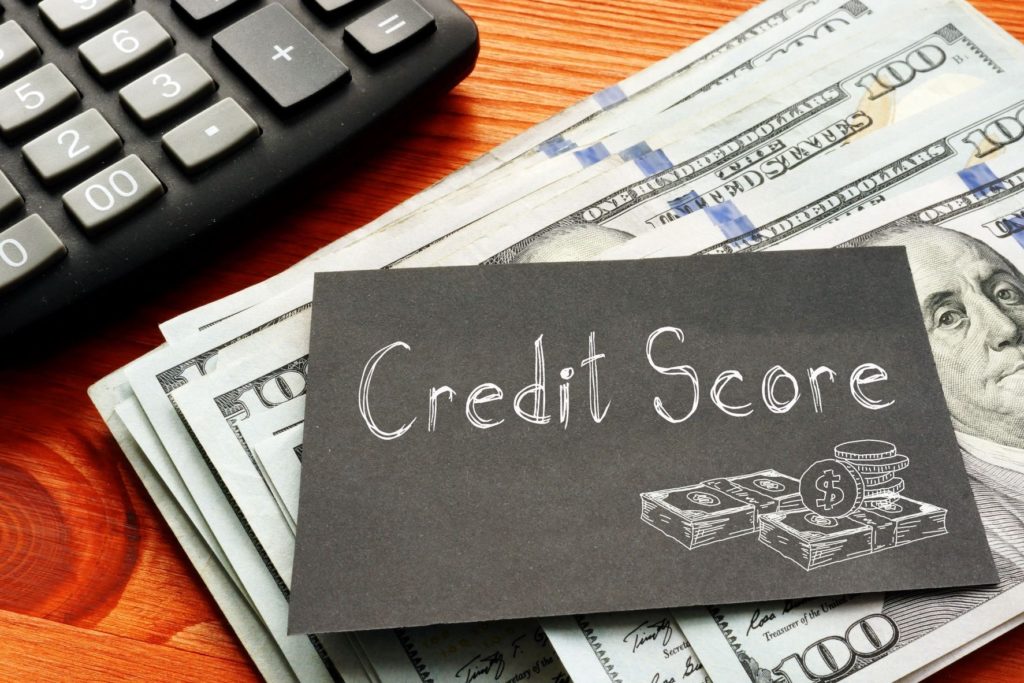An LLC combines liability protection, operational flexibility, tax advantages, and simplicity, making it an attractive choice for entrepreneurs and small businesses. LLCs offer legal protection, tax benefits, and can give a business more credibility.
If you’re considering starting a small business in Florida, learning about the benefits of forming an LLC can help you choose the right type of business entity. Galaxy Title & Escrow can help business owners close on real estate for their business or set up escrow accounts to protect start-up and operating costs.
What is an LLC?
A limited liability company (LLC) is a type of business structure in the U.S. It combines the advantages of a corporation and a partnership. An LLC provides limited liability protection to its owners, shielding them from personal liability for the company’s debts or obligations. LLCs offer flexibility in management and taxation, allowing members to report business income on their personal tax returns. Overall, they are popular among small businesses due to their simplicity, ease of formation, and operational flexibility.
If you decide an LLC is the best option for you and your business here are steps you can follow to create one:
- Choose a name: Choose a unique name for your LLC and ensure it complies with your state’s naming rules.
- File the Articles of Organization: File official documents with the appropriate state agency, providing necessary information about your LLC.
- Appoint a registered agent: Choose an individual with a physical address in the state to receive legal documents on behalf of the LLC.
- Create an operating agreement: An operating agreement that outlines ownership, management, and other key provisions.
- Obtain any required permits or licenses: Be sure to apply for any special permits for your specific business activities.
- Obtain an EIN: An Employer ID Number (EIN) is needed for tax purposes and you can get one from the IRS.
- Comply with legal requirements: Keep up with any ongoing filing and reporting requirements imposed by your state. You can consult legal and tax professionals for personalized guidance.
Individuals can establish other business entities other than an LLC. Depending on various factors like liability protection, tax considerations, management structure, and the specific goals of the business, an individual may choose any of the following entities:
- Sole Proprietorship: The simplest form of business where an individual operates and owns the business personally, without any separate legal entity.
- Partnership: A business owned and operated by two or more individuals who share the profits, losses, and responsibilities.
- Corporation: A legal entity that exists separately from its owners, known as shareholders. Corporations offer limited liability protection to shareholders but require more formalities and governance.
- S Corporation: Similar to a regular corporation, but with certain tax advantages. It allows shareholders to pass business income and losses to their personal tax returns.
- Nonprofit Organization: A charitable or public service-oriented entity that operates for purposes other than generating profit. Nonprofits enjoy tax-exempt status and must fulfill specific legal requirements.
- Cooperative: A business owned and controlled by the people who use its services or work for it, commonly found in agriculture, housing, or consumer goods sectors.
- Professional Corporation (PC): A corporation formed by professionals, such as doctors, lawyers, or accountants, to provide their services while limiting personal liability.
What are the Benefits of an LLC in Florida?
Forming an LLC in Florida offers several benefits and can be an attractive option for individuals looking to start a business. Here are some reasons why someone may want to create an LLC in Florida:
- Limited Liability Protection: One of the primary advantages of an LLC is limited liability protection. The owners, known as members, are generally not personally responsible for the debts, liabilities, or legal obligations of the LLC. This separation between personal and business assets helps protect the members’ personal finances.
- Flexibility in Management: LLCs provide flexibility in management structures. Members can choose to manage the LLC themselves or appoint managers to handle day-to-day operations. This flexibility allows for customized management arrangements that suit the needs and preferences of the members.
- Pass-through Taxation: Florida LLCs are typically treated as pass-through entities for tax purposes. This means that the LLC itself does not pay federal income taxes. Instead, profits and losses “pass through” to the members, who report them on their personal tax returns. This avoids the double taxation often associated with C corporations.
- Business Credibility: Establishing an LLC can enhance the credibility of your business. Having “LLC” in the official business name conveys a level of professionalism and legitimacy to clients, customers, and partners.
- Privacy Protection: Florida provides privacy protections for LLC owners. The state does not require the disclosure of member names or addresses in public filings, offering a level of privacy and confidentiality.
- Ease of Formation: Forming an LLC in Florida is relatively straightforward and requires minimal paperwork compared to other business structures like corporations. Florida has a streamlined process for registration and typically offers online filing options, making it efficient and convenient for entrepreneurs.
- Transferability of Ownership: LLCs in Florida allow for easy transferability of ownership interests. Members can sell, assign, or transfer their ownership shares to others without significant restrictions, providing flexibility for changes in ownership.
Buying Real Estate for Your LLC

South Florida is a great place to buy real estate for your LLC. Fort Lauderdale and the surrounding areas may be optimal for business because these areas see a lot of tourist traffic. This area is also a welcoming and safe community for families. We work with people selling properties as well as buyers and real estate agents. So you can come to us with questions about buying property for your business.
Contact Galaxy Title & Escrow
Our team at Galaxy Title & Escrow are experts in real estate transactions and have helped many buy or sell property. We have a licensed CPA and an attorney on our team to help you navigate the intricacies of buying and selling real estate. If you want to learn more about how our services can help you, call us today.



 When you decide to refinance your home, it means that you are basically trading your current mortgage for a new one. This new mortgage will have different terms than your old mortgage.
When you decide to refinance your home, it means that you are basically trading your current mortgage for a new one. This new mortgage will have different terms than your old mortgage. Refinancing your home is a big decision. You want to be sure that you are working with a company that you can trust to handle your refinance transaction quickly and efficiently.
Refinancing your home is a big decision. You want to be sure that you are working with a company that you can trust to handle your refinance transaction quickly and efficiently.






 A credit score is impacted by 5 main factors:
A credit score is impacted by 5 main factors: If you’re looking for options on how to raise your mortgage FICO score, keep these pieces in mind. The different parts of a mortgage are the down payment, the interest rate, the term, and the monthly payment.
If you’re looking for options on how to raise your mortgage FICO score, keep these pieces in mind. The different parts of a mortgage are the down payment, the interest rate, the term, and the monthly payment.


 Mortgage lenders work with homebuyers to assess their creditworthiness and financial situation before approving them for a loan. They may look at factors such as income, employment history, and debt-to-income ratio to determine whether or not a buyer is a good candidate for financing. Additionally, mortgage lenders typically work closely with
Mortgage lenders work with homebuyers to assess their creditworthiness and financial situation before approving them for a loan. They may look at factors such as income, employment history, and debt-to-income ratio to determine whether or not a buyer is a good candidate for financing. Additionally, mortgage lenders typically work closely with  As your escrow company
As your escrow company